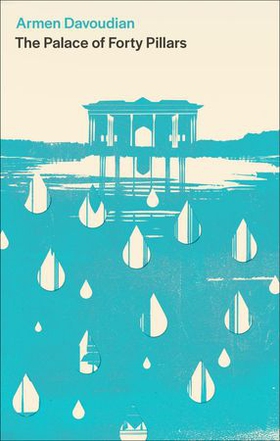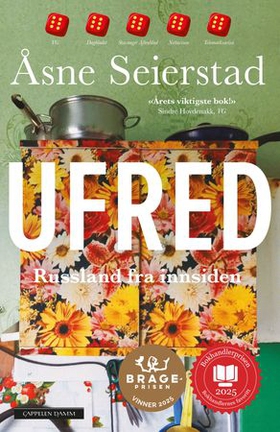
The Palace of Forty Pillars ebok
Andre har også kjøpt
'Davoudian is an enchanting and intriguing new voice' Sunday Times
'In this formally radical debut, Armen Davoudian shows how rhyme enacts longing for a homeland left behind; how meter sings to a lost beloved; and how a combination of the two can map a self - or idea of the self - relinquished so that a new life, and all the happiness it deserves, can take shape' Paul Tran
'Marks the arrival of a notable new voice . . . The Palace of Forty Pillars is a moving book as well as an elegant one; its central preoccupation with the theme of belonging speaks memorably to one of the most urgent questions of our time' Andrew Motion
Wry, tender, and formally innovative, Armen Davoudian's debut poetry collection, The Palace of Forty Pillars, tells the story of a self estranged from the world around him as a gay adolescent, an Armenian in Iran, and an immigrant in America. It is a story darkened by the long shadow of global tragedies - the Armenian genocide, war in the Middle East, the specter of homophobia. With masterful attention to rhyme and meter, these poems also carefully witness the most intimate encounters: the awkward distance between mother and son getting ready in the morning, the delicate balance of power between lovers, a tense exchange with the morality police in Iran.
In Isfahan, Iran, the eponymous palace has only twenty pillars - but, reflected in its courtyard pool, they become forty. This is the gamble of Davoudian's magical, ruminative poems: to recreate, in art's reflection, a home for the speaker, who is unable to return to it in life.














